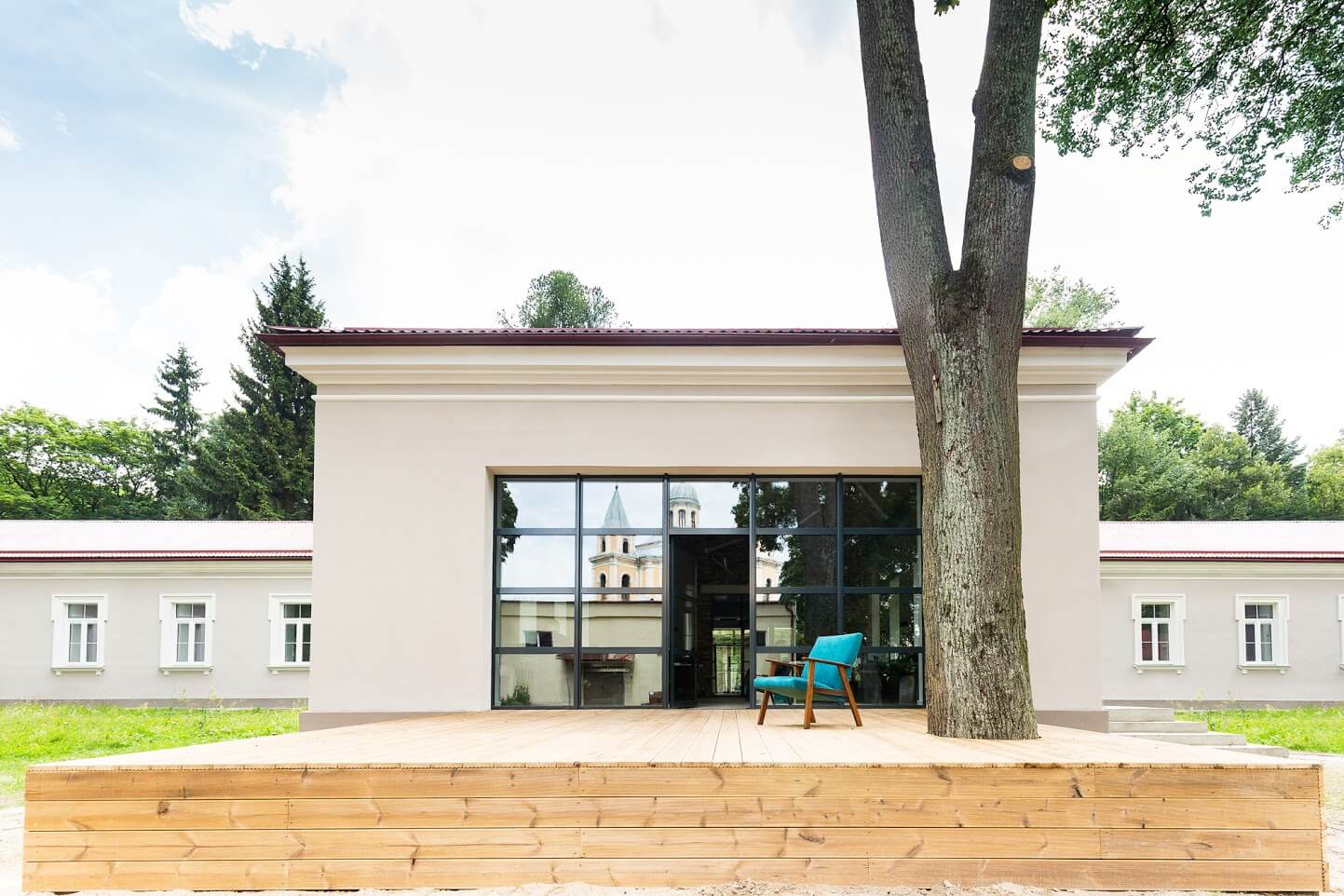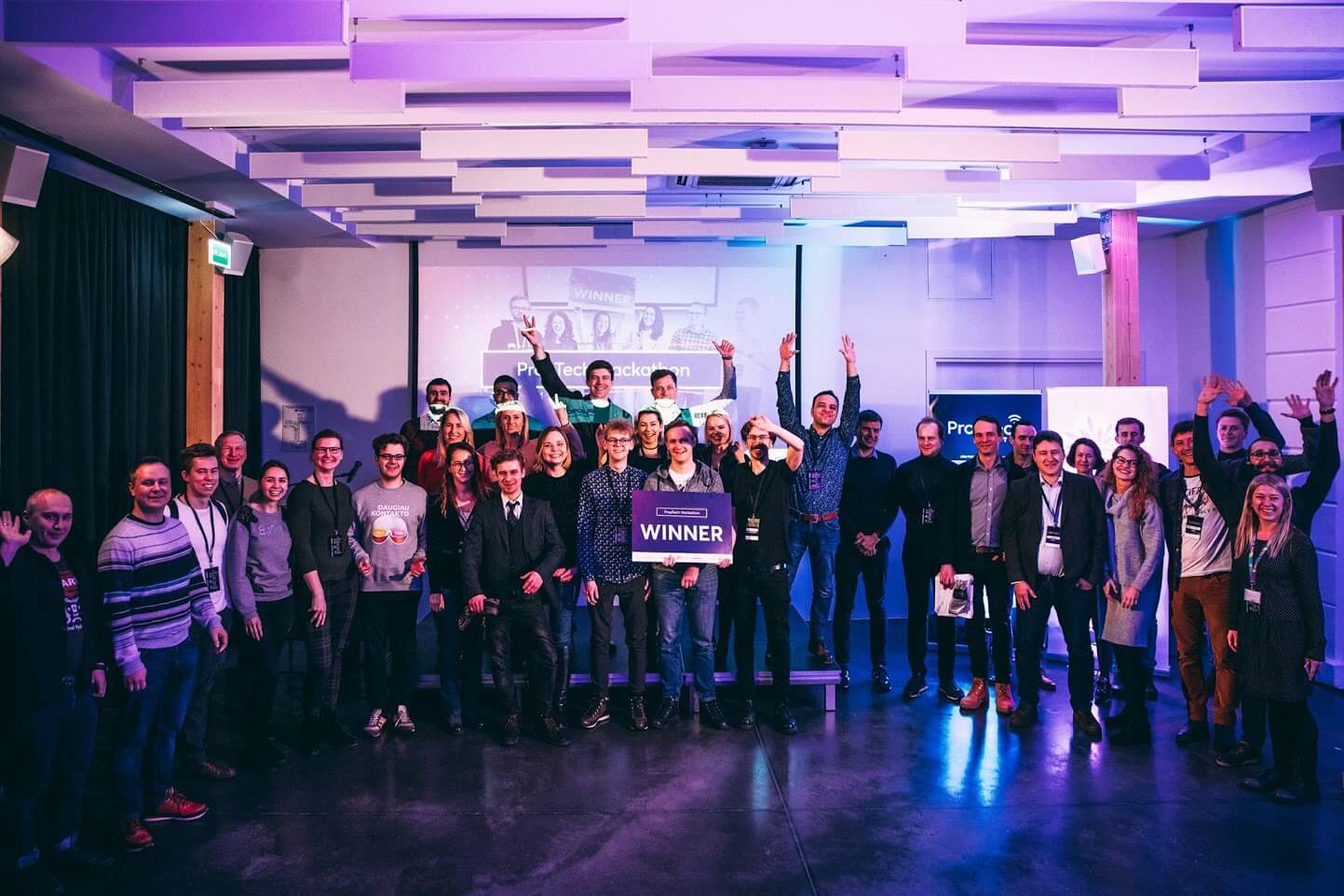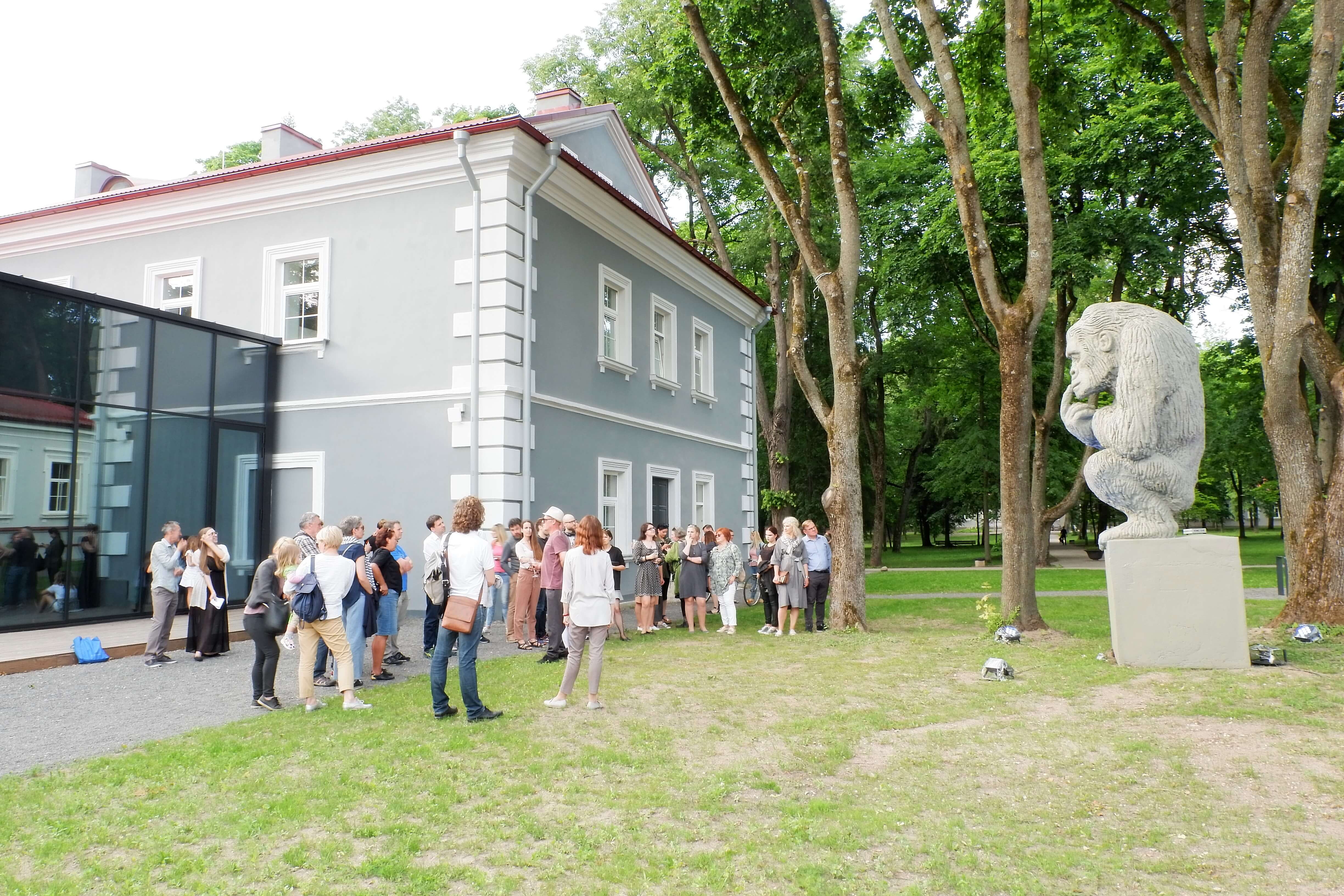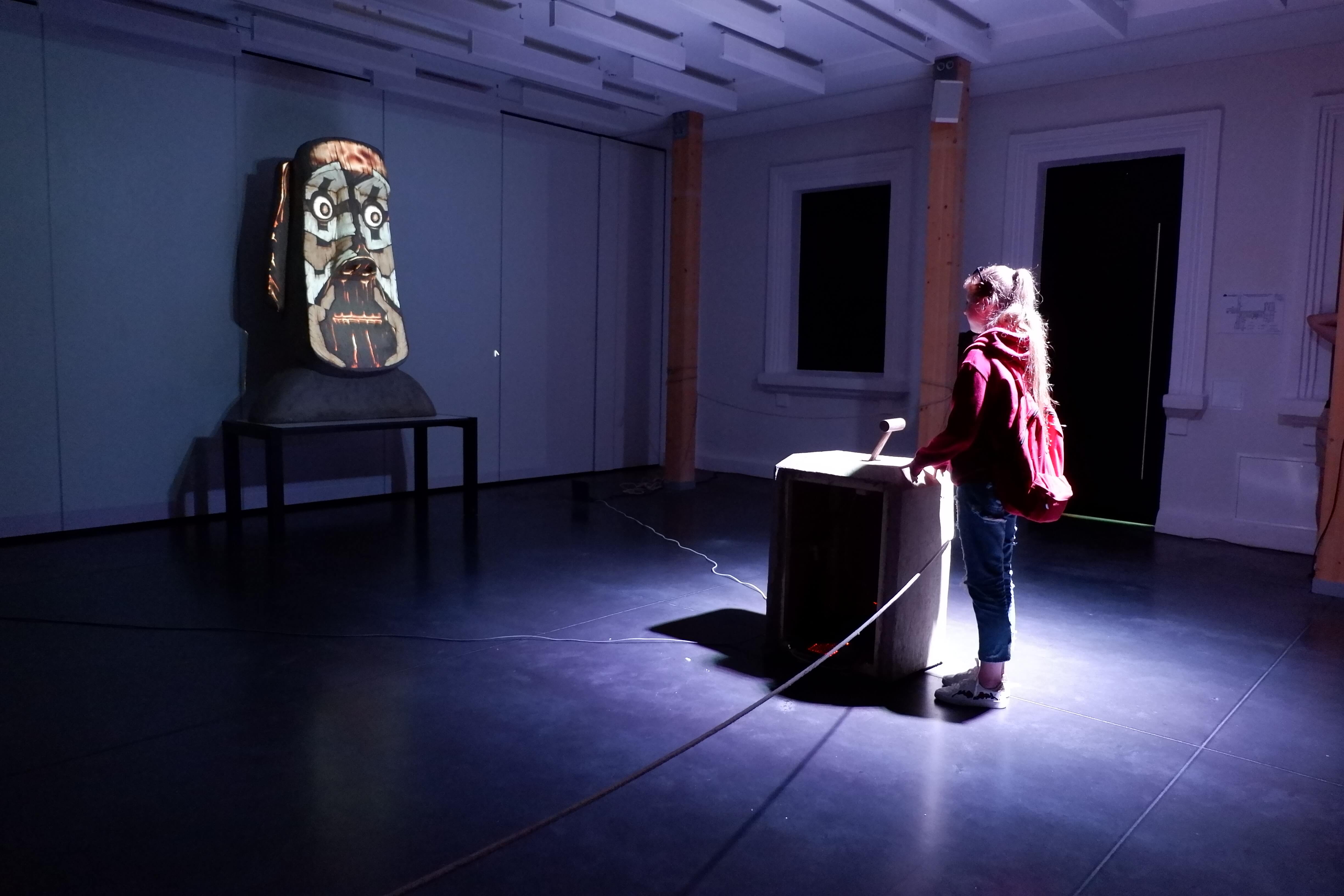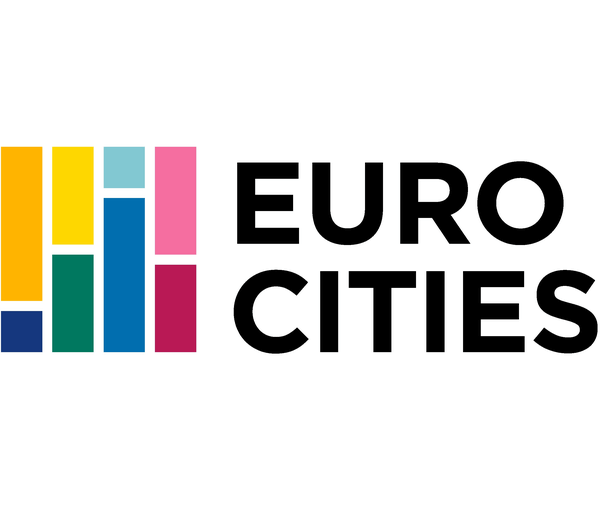Vilnius Tech Park is managed by experienced technology hub administrators supported by a committee made up of representatives from entrepreneurial companies and the municipality. The management team has overseen the development of facilities, such as a conference centre for large-scale events, as well as hackathons, meetings and product launches, and other activities and services. One innovative programme, Sapiegos Corporate, acts as a platform for collaboration between corporates and entrepreneurs, helping existing businesses tap into the start-up ecosystem’s fresh, innovative thinking and investment opportunities.
The community focus embedded into Vilnius Tech Park and its start-ups from the beginning has led to many novel initiatives. CodeAcademy, for instance, teaches the most in-demand skills - programming, web design and cyber security - and helps students put them into practice in leading companies. A junior version is getting youngsters into computer game design, branding and web and mobile app development.
Some of the businesses based at the Park are themselves inherently community-oriented. Miesto Laboratorijos, for example, runs a citizen’s laboratory for eco-gardening, inviting residents to learn about innovative ideas for sustainable living and consumption.
The cultural life of the city has also been profoundly changed for the better by Vilnius Tech Park. The traditional Culture Night held every June attracts more than 100,000 visitors and features over 100 arts and culture projects and shows, some of which now take place in Sapieha park.
Throughout the year the Vilnius Tech Park organises or co-sponsors cultural events such as sculpture displays and takes part in the municipality’s cultural initiatives such as Create for Vilnius. One of the best ideas to come out of this competition to find ways of rehabilitating public spaces is a robot-guide which would invite citizens and visitors for excursions. It is hoped the novel guide will be implemented in the Sapieha park area in the next few years.
